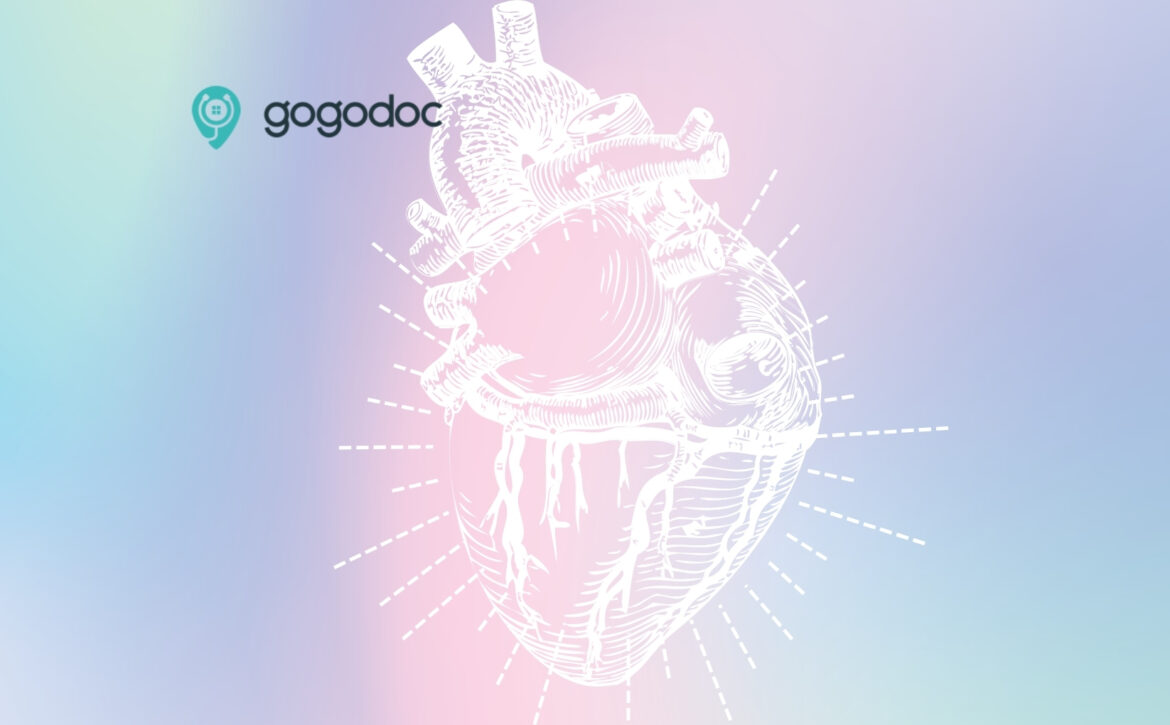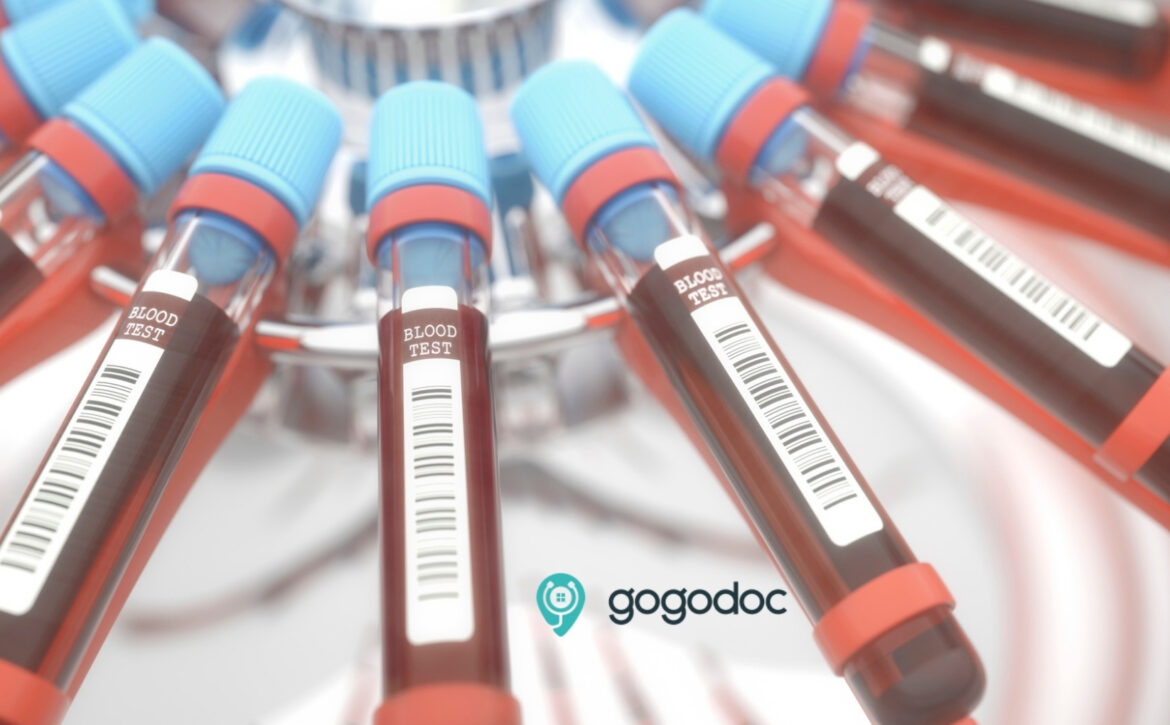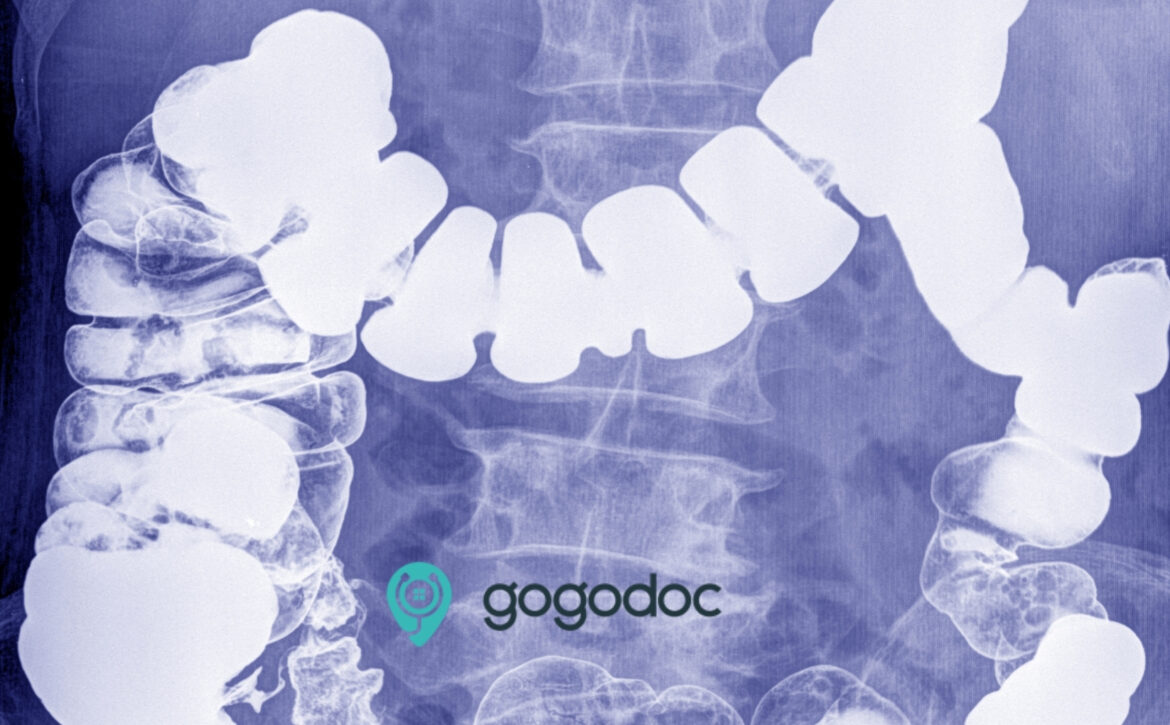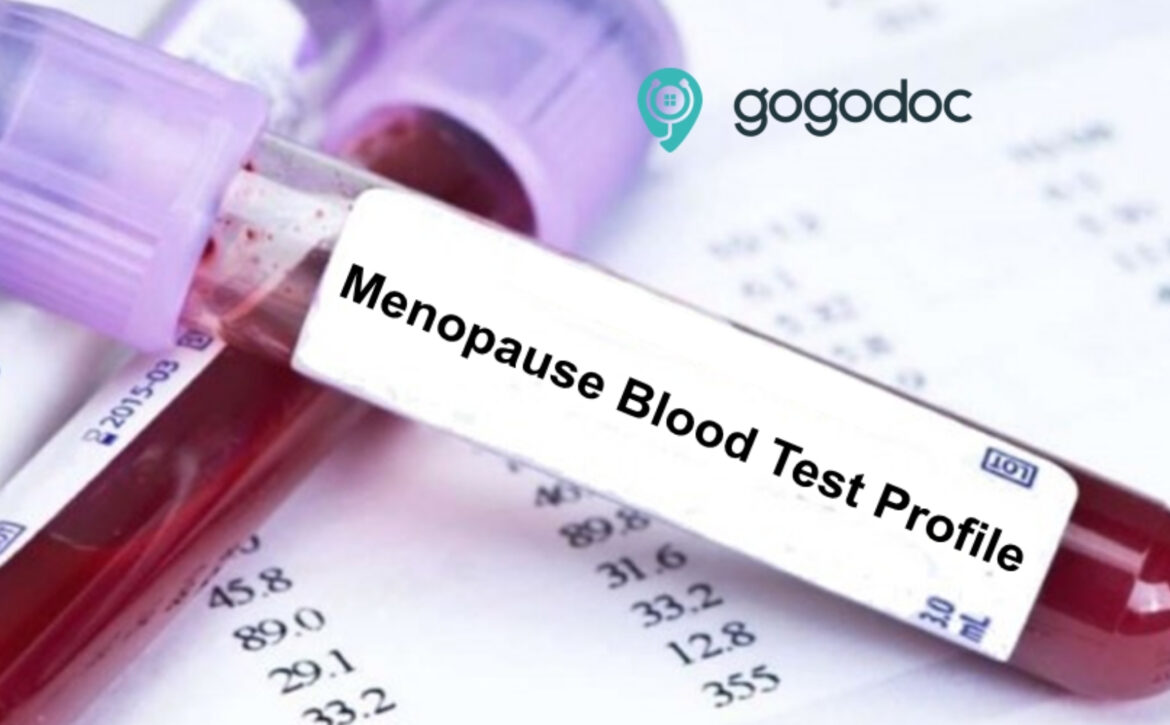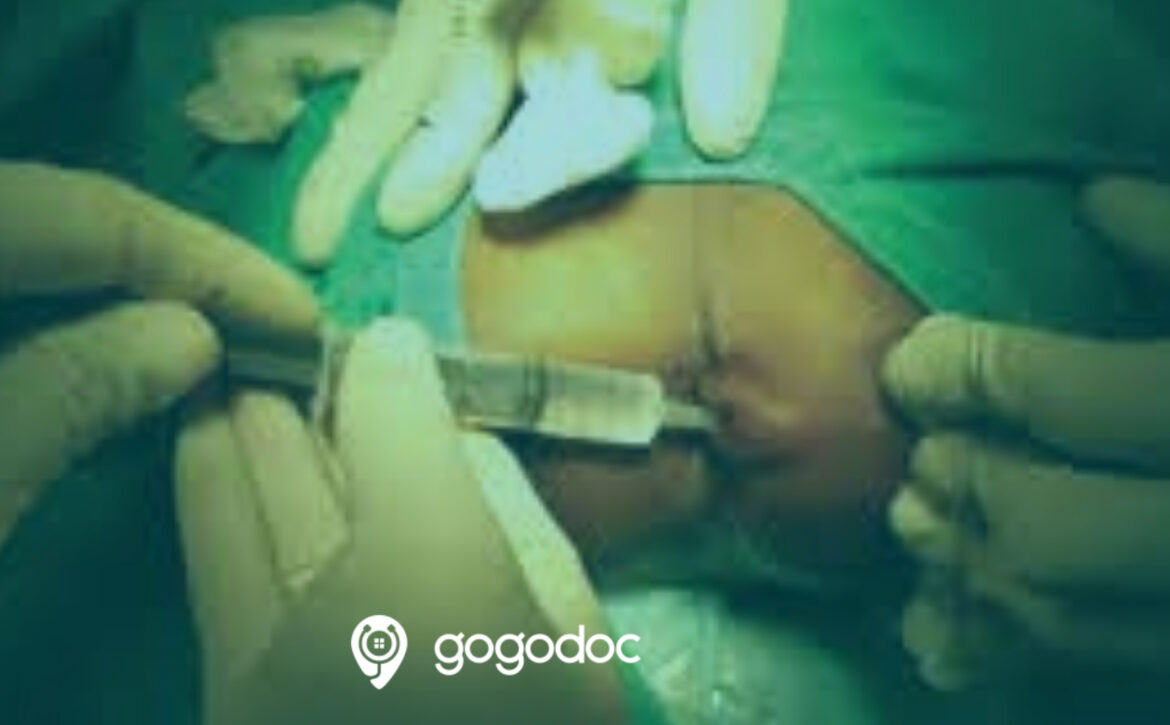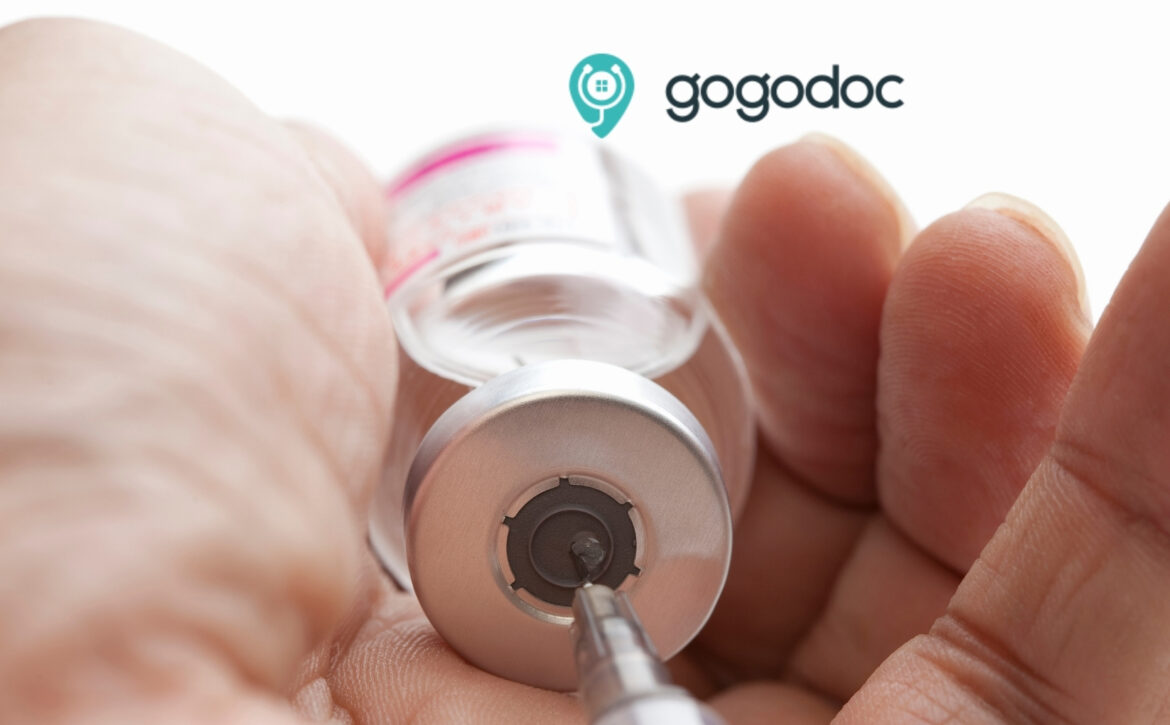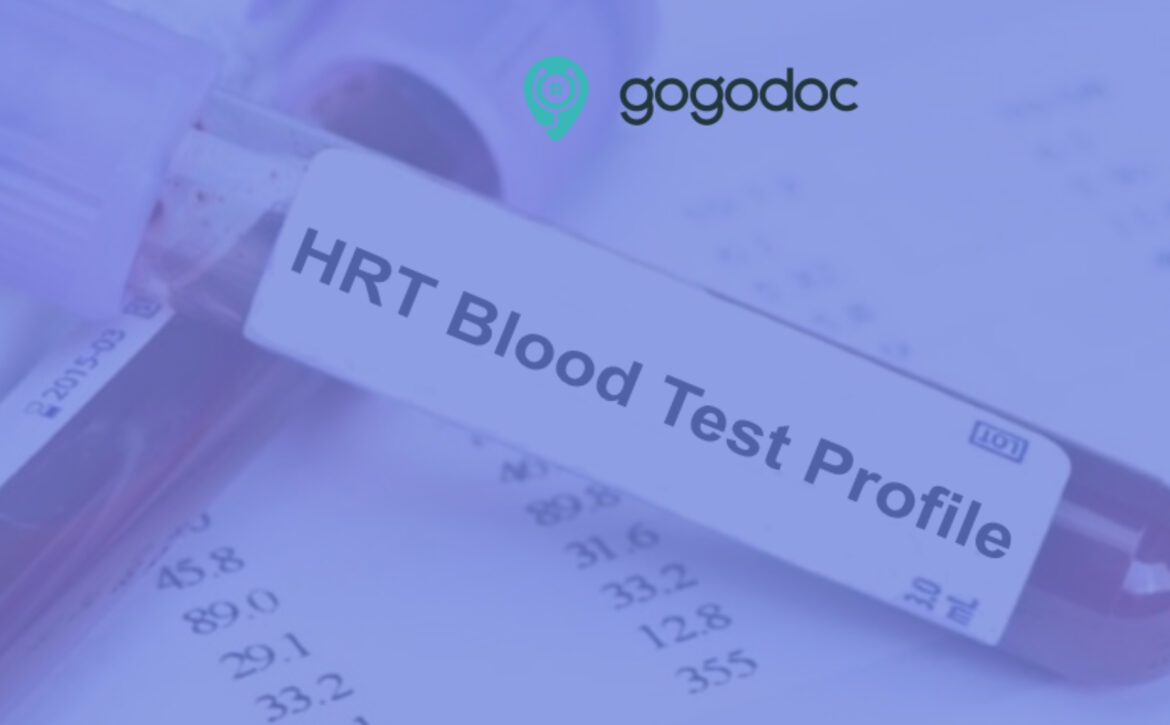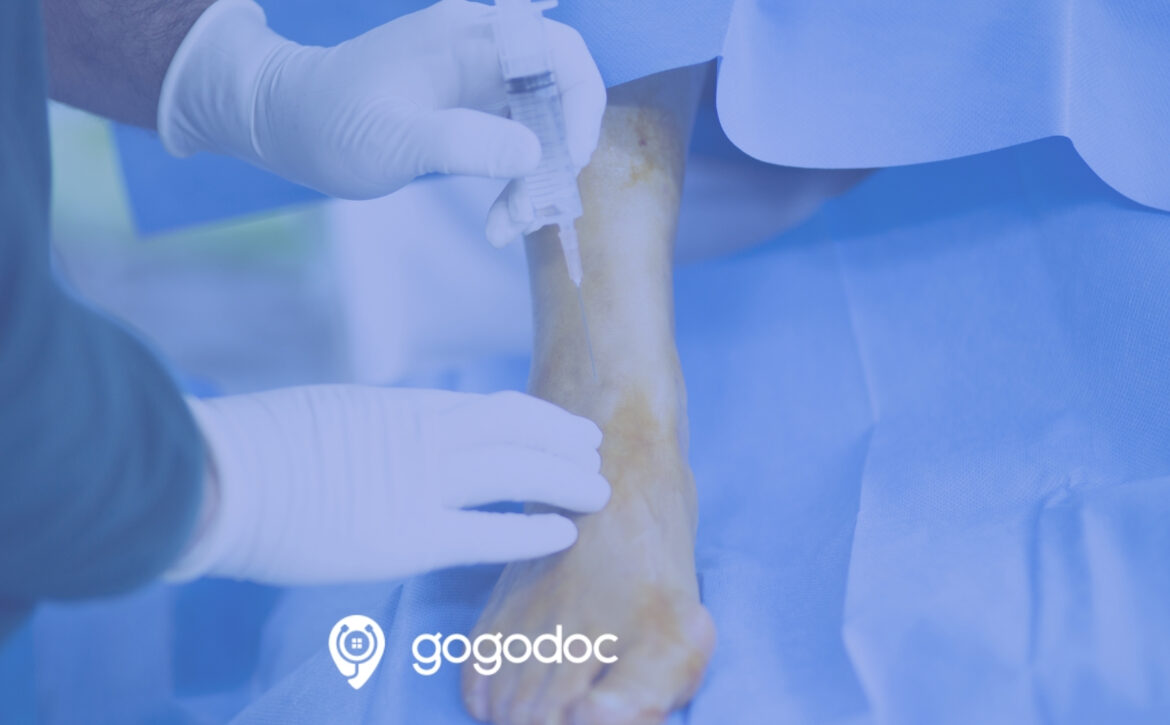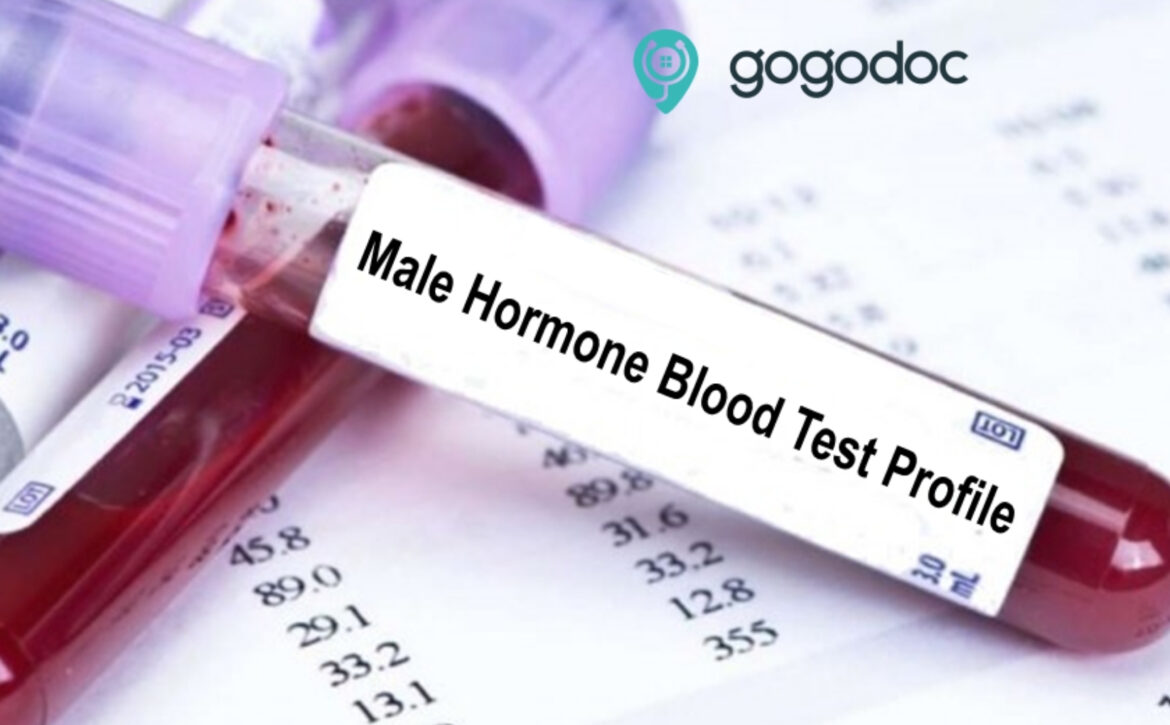Heart Stroke
A stroke is a serious emergency medical condition that happens when the blood flow to part of your brain is cut off. This can cause your brain cells to become damaged or die.
The types of strokes;
- Ischemic strokes– This happens when an artery supplying blood to your brain is blocked by a blood clot.
- Hemorrhagic strokes– This happens when a blood vessel ruptures (or bursts), causing a bleed in the brain. This means less blood gets to the surrounding brain cells causing them to die.
- Mini-strokes, or Transient Ischemic Attacks (TIAs)– This happens when there’s an interruption in blood flow to part of the brain for a short time causing symptoms, such as temporary speech loss. TIA’s usually resolve after a few seconds or minutes.
Causes of a Stroke:
Ischemic stroke is the most common type of stroke. They happen when a blood clot blocks the flow of blood and oxygen to the brain.
Some of its causes include;
- Diabetes
- Excessive intake of alcohol
- Smoking
- Obesity
- High cholesterol levels
- High Blood Pressure
Hemorrhagic strokes happen when a blood vessel inside the skull bursts and bleeds into and around the brain.
Some of its causes include;
- Lack of exercise
- Stress
- Smoking
- Being overweight
- Excessive intake of alcohol
Symptoms of a stroke:
Some of the symptoms include;
- Facial Weakness– The person may not be able to smile, or their mouth or eye may have drooped.
- Arm weakness– The person may not be able to lift both arms and keep them steady because of weakness or numbness in 1 arm.
- Speech problems– Their speech may be slurred or garbled, or the person may not be able to talk at all despite appearing to be awake; they may also have problems understanding what you’re saying to them.
- Time– It’s time to call 999 immediately if you see any of these symptoms.
Other symptoms include;
- Dizziness
- Loss of consciousness
- Confusion
- Paralysis in one part of the body
- Difficulty in swallowing
- Problems with balance and coordination
Treating stroke:
Strokes are usually treated with medication. This includes medicines to prevent and dissolve blood clots, reduce blood pressure and reduce cholesterol levels. In some cases, procedures may be required to remove blood clots.
There are many things you can do to help lower your chances of a stroke:
- Quit smoking
- Eat Healthy
- Control High Blood Pressure
- Control Blood sugar levels
- Control High Cholesterol
- Keep to a healthy weight
- Do not consume Alcohol
- Be physically active
‘Ask Gogodoc About’ is an educational series providing information on various symptoms, pains, and disorders. (*intended for educational purposes only. If you are experiencing symptoms, please reach out to book an online GP consultation with a Gogodoc GP.) Talk to a doctor online at a time that suits you from home with a phone or video appointment. You can easily book an appointment with a GP.
.
Book a video consultation today, and get expert advice!


